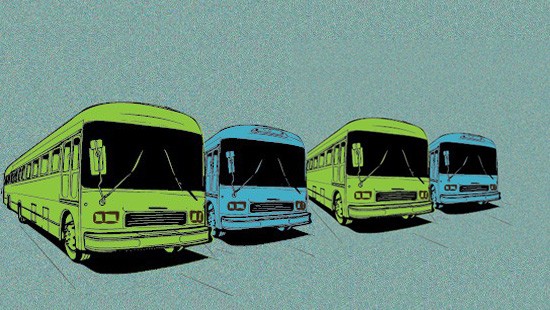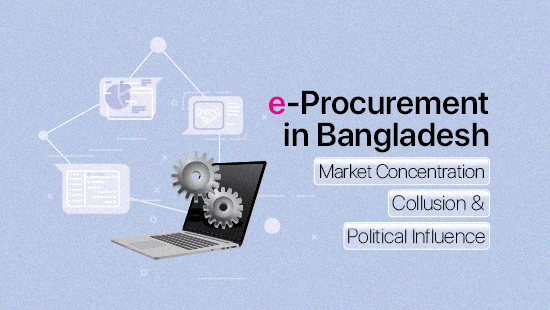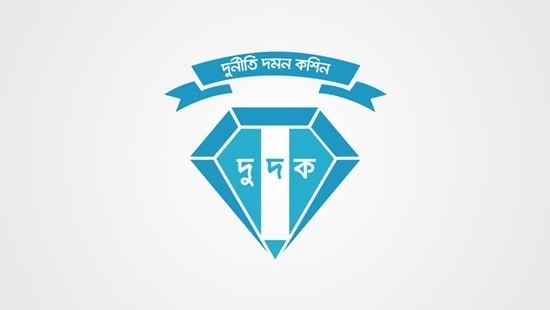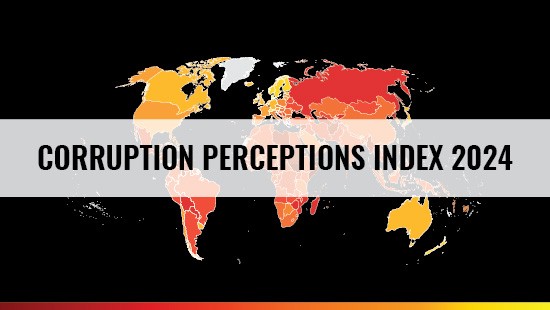Misuse of power by a section of the armed forces during the caretaker government in 2007-8
Call for democratic practices and institutionalizing democracy to avert 1/11 like situation in the future
Dhaka, 27 February 2013: Transparency International Bangladesh (TIB) underscored the need for institutionalization of democracy and strengthening democratic practices at all levels of leadership in all political parties to avert 1/11 like situation in the future. In a press conference held today at the Brac Centre Inn for releasing a research report titled: ‘The role of a section of the armed forces during the Caretaker government in 2007-8’, TIB also urged political parties and leaders to rely on dialogue rather than confrontation and play more responsible role reflecting political maturity and acumen to avert 1/11 like situation in the future Chaired by Advocate Sultana Kamal, Chairperson of TIB’s Board of Trustees, the press conference was also attended by Trustee Mr. M. Hafizuddin Khan and Executive Director Iftekharuzzaman.
Advocate Sultana Kamal said: ‘The intrusion of the armed forces in solving the political crises is no way acceptable, because basic constitutional commitments and fundamental human rights get violated, the rule of law and democracy hindered due to unwarranted interference and abuse of power.’
M Hafizuddin Khan said: ‘Defending the country from foreign aggression is the prime responsibility of the defense forces, and they should not have any role in civil administration as it affects their professionalism and normal functioning. The military intervenes into politics due to the failure of the political parties which is also not expected.’
Iftekharuzzaman said: ‘There is no alternative to a democracy. If there is any that must be continuously higher levels of democracy. The armed forces as an institution of public interest and run by public resources are not beyond accountability in any democratic system. In the interest of democracy and sovereignty of the people, there must be free, open and dispassionate public discourse on ways and means to effectively prevent intervention of the armed forces. TIB undertook this research with a view to creating the space for such discourse based on knowledge-based and objective assessment of the scope and risks of misuse of power by the military when it is involved in the civil administration. Institutionalisation of democractic practices and democracy are absolutely indispensable to avert repeat of 1/11in future in any form’. ‘It is only by strengthening the democratic institutions and democratice practices that any form of undemocratic intrusions can be averted’, he said.
This qualitative study is based on secondary as well as primary information collected by fieldwork during July 2009 - December 2012 that included interviews with more than 200 informants, 8 group discussions and 20 case studies. Information was also collected from secondary sources that included the Constuitution, the relevant laws, rules and regulations, published research reports, books, documents as well as media source both print and electronic.
The study analysed both positive role as well as nature and process of irregularities and corruption that a section of the armed forces indulged into in 2007-8. Positive role included a high profile anti-corruption drive though infected by distortions and abuse of power, implementation of the project on national ID card and voter list with photograph, reducing congestion in the Chittagong port, recovering illegally occupied government land, realizing the arrear bills of gas, electricity and telephone, and contributing to the conduct of a credible national election for smooth transfer of power.
However, the study also found incidences of abuse of power, irregularities and corruption by a section of the armed forces. These included: using official authority and immunity to forciblly collect money from people of different professions including business, appointing berth operator in the Chittagong port and increasing charge of container handling without due process process, harrassment and torture of representatives of local government, poltical leaders, industrialists and contractors, intidimatiory prevention of the legal support process, speedy trial without following the due process ,unduly deferring the election of Dhaka Bar and Supreme Court Bar Association, infleuncing the decision for alloaction of division in the jail, controlling political activities and functioning of the media.
Based on the findings of the study TIB made a set of seven-point recommendations which included: ensuring a credible national election participated by all contenders; disclosure of information to the public on punitive measures, if any, taken against a section of armed forces; delineation of the scope and jurisdiction of the defence-related intelligence agencies: restrict the engagement of armed forces in civil administration; abolition of immunity; ensuring greater transparency by promoting free flow of information; and higher levels of responsible and democratic practice by the political leadership.







